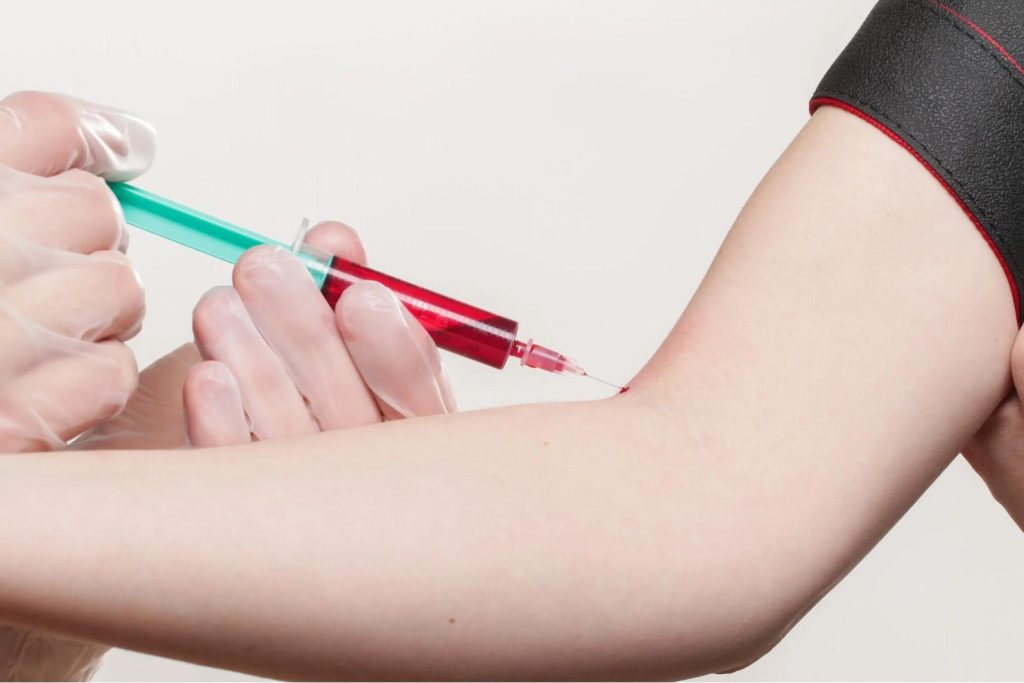According to a recent study, only 60% of Americans know their blood type.
This essential procedure helps doctors diagnose and treat a wide range of ailments. But, when you undergo a blood draw, it’s common to experience certain side effects, including fatigue and dizziness.
This article will explore the causes behind these sensations and offer practical advice on how to manage them effectively, giving you the confidence to step into your appointment with a smile. So, stop asking, “Does getting blood drawn make you tired?” and read on for all the answers.
Table of Contents
Does Getting Blood Drawn Make You Tired?
Blood tests are a routine part of medical diagnostics, allowing healthcare providers to assess your health comprehensively. However, the process might lead to temporary discomforts such as tiredness and lightheadedness.
The sensation of fatigue following a blood draw can stem from the body’s response to the slight decrease in blood volume. While the amount taken is typically small, sensitive individuals might still feel the effects.
Does Getting Blood Drawn Cause Dizziness?
Getting your blood drawn can also make you feel dizzy. The intensity of this symptom varies from patient to patient and usually passes rather quickly.
Dizziness post-blood draw is often a result of the vasovagal reaction. This is the body’s response to the sight of blood or the sensation of pain. It leads to a decrease in blood pressure, causing lightheadedness.
Preparing for a Blood Test
There are lots of proactive and preventative ways to reduce these symptoms during and after your next blood draw.
Stay Hydrated
Ensure you’re well-hydrated in the days leading up to your blood test. Drinking plenty of water before and after your blood test can help maintain your blood volume and reduce dizziness. Experts recommend an average intake of roughly 12 glasses of water per day.
Eat Healthy
Having a nutritious meal before your appointment can help mitigate feelings of tiredness and lightheadedness. Following your blood draw, consuming a light snack can help stabilize your blood sugar levels, combating fatigue.
Rest Properly
Allow yourself a moment to rest immediately after the procedure to prevent any sudden dizziness. If you feel faint, take a seat.
Inform the Technician
If you’re prone to feeling faint during blood draws, let the technician know so they can take appropriate measures. You should also tell them if you have a phobia of blood.
A little bruising after a blood draw is normal, and should subside within a few days.
Say Goodbye to the Fear of Getting Blood Drawn
So, does getting blood drawn make you tired? The answer is yes, and understanding the reasons behind this can help you manage these side effects more effectively.
Remember, these reactions are typically mild and temporary, but if you experience prolonged or severe pain after a blood draw, it’s crucial to contact your healthcare provider.
Did you find this article on blood donation helpful? If yes, be sure to check out the rest of our blog. We post daily, covering a wide range of interesting topics and subjects, so start exploring with us now!

